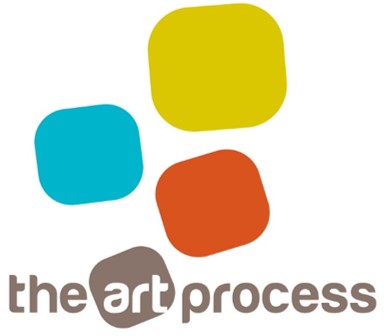What is Creativity and Why is it Important?
What is creativity?
From Human Motivation, 3rd ed., by Robert E. Franken (pg 396)
“Creativity is defined as the tendency to generate or recognize ideas, alternatives, or possibilities that may be useful in solving problems, communicating with others, and entertaining ourselves and others.”
In order to be creative, you need to be able to view things in new ways or from a different perspective. You need to be able to generate new possibilities or unique alternatives.
From Psychology today
“Creativity encompasses the ability to discover new and original ideas, connections, and solutions to problems. It’s a part of our drive as humans—fostering resilience, sparking joy, and providing opportunities for self-actualization.”
One of my favorite newsletters about various definitions of creativity appears In The Marginalian by Maria Popova. She highlights various quotes from writers, scientists, musicians, architects and designers. Even though they each have their own interpretation, the common thread seems to be the muting of the rational mind and the ability to make unique connections between various experiences, perceptions and knowledge.
Is everyone creative?
But an idea need not be artistic or mammoth to count as creative. Everyone is creative in some sense since our daily life requires our constant rethinking of small and large challenges. For example, a small challenge: I am cooking a recipe and do not have a particular ingredient. I have to work around it by thinking of various possible substitutions!
Can you develop creativity?
Some people seem to have a natural-born talent; however, creativity is a skill that can be developed. Practicing experimenting, exploring and imagining is a muscle. By challenging yourself to stop the automatic mode of problem solving and think of all the different possibilities to answer a challenge, you can exercise that part of the brain and move away from the default network. In a recent corporate art workshop that I facilitated in Los Angeles, I challenged the leadership team to come up with many different solutions to an abstract painting idea (based on my prompts). Each time they tried a new idea, it generated another and another…until the solution had so often strayed far far from the initial response.
How my intuition guides my creative voice in my painting
Creativity is about expressing something kind of deep inside me that I don't even know is going on. And it could be something very simple like kind of a joyfulness and a lightness and everything else. Or it could be something that I'm not aware of feeling. And so when I start painting or putting things onto the paper, I look at it and I'm like, Okay, so in a way I have a dialogue with the piece and allow it to almost inform me of what I'm feeling or trying to express.
And so I go back and forth between going through the process and the piece talking back to me. If I listen quietly and look for what this piece is trying to be or trying to communicate, incredible insights are illuminated. I know it sounds very esoteric, and maybe even weird, but I really believe that when you can be the most open, creativity and your intuition meet each other.
Creativity and Intuition
Do you need to be an artist to create art?
If we follow the reasoning above, it follows that ANYONE can be creative and make art given the right stimulation and circumstance. That is why The Art Process Method is so successful. It encourages and exercises that creative muscle, taking the self criticism out of the picture (a sure way to deaden creativity!) By incorporating meditation and self inquiry into the creative process, it opens the doorways to your unique vision and self expression!

